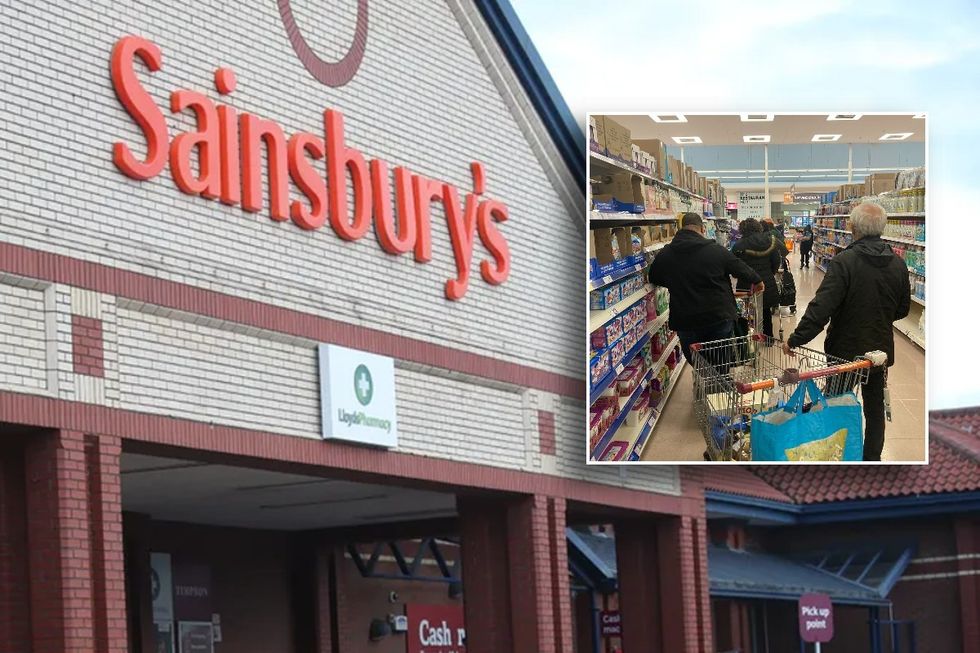Sainsbury’s has warned that shoppers will face higher prices due to “unexpected and very significant” tax changes announced in last week’s Budget.
Simon Roberts, the chief executive said the supermarket chain cannot absorb the impact of increased employer National Insurance contributions, given the industry’s tight three per cent profit margins.
He said: “This industry operates on a three per cent margin and there just isn’t the capacity to absorb this level of unprecedented cost inflation.”
From April, employers will have to pay National Insurance at 15 per cent on salaries above £5,000, up from the current rate of 13.8 per cent on earnings above £9,100.
Roberts said the “unexpected” reforms announced by Rachel Reeves in the Budget will lead to Sainsbury’s NI bills rising by a “very significant” 50 per cent.
 Sainsbury’s shoppers refuse to use self checkoutsTwitter/
Sainsbury’s shoppers refuse to use self checkoutsTwitter/The supermarket chief also criticised the Government’s delay in business rates reform, which had been promised in Labour’s manifesto to offset the NI increase.
He said: “There was a very significant rise in NI but no action taken on business rates…the Government needs to move quickly on business rates, that needs to happen soon.”
He noted that Sainsbury’s currently pays around £500million annually in business rates, with about 80 per cent of its stores having rateable values above the £500,000 threshold.
LATEST DEVELOPMENTS:
Sainsbury’s is not alone in warning about the impact of the Budget’s tax changes, with other major retailers expressing similar concerns.
Stuart Machin, Marks & Spencer Chief Executive said the supermarket faces a £60million hit from the NI changes and minimum wage increases, adding he “didn’t quite see the double whammy coming up.”
Pub chain Wetherspoons also warned that taxes and business costs are “expected to increase by approximately £60million,” including a 67 per cent rise in national insurance contributions.
Tim Martin, Chairman of the pub chain said: “All hospitality businesses, we believe, plan to increase prices, as a result.”
Primark’s owner Associated British Foods has even suggested it may invest more overseas due to what it called the “weight of tax rises”.
The Office for Budget Responsibility has calculated that three-quarters of the NI changes’ impact will be felt by employees through reduced pay rises and hiring.
The warning from Britain’s second-largest supermarket comes as it revealed strong half-year results, with underlying operating profits of £503million for the six months to September 14.
Despite the tax challenges ahead, Sainsbury’s reported strong trading performance, with group revenues increasing by 2.3 per cent to £17.2billion.
Like-for-like retail sales, excluding fuel, grew by 3.4 per cent, with a notable 4.2 per cent jump in the most recent quarter.
The retailer’s food business showed particular strength, with sales growing by 4.6 per cent in the half-year, boosted by the strong performance of its Taste the Difference premium range.
Roberts added: “Our food business is going from strength to strength and we’re making the biggest market share gains in the industry.”
The company remains optimistic about the festive season, forecasting a “strong performance” at Christmas despite the looming cost pressures.